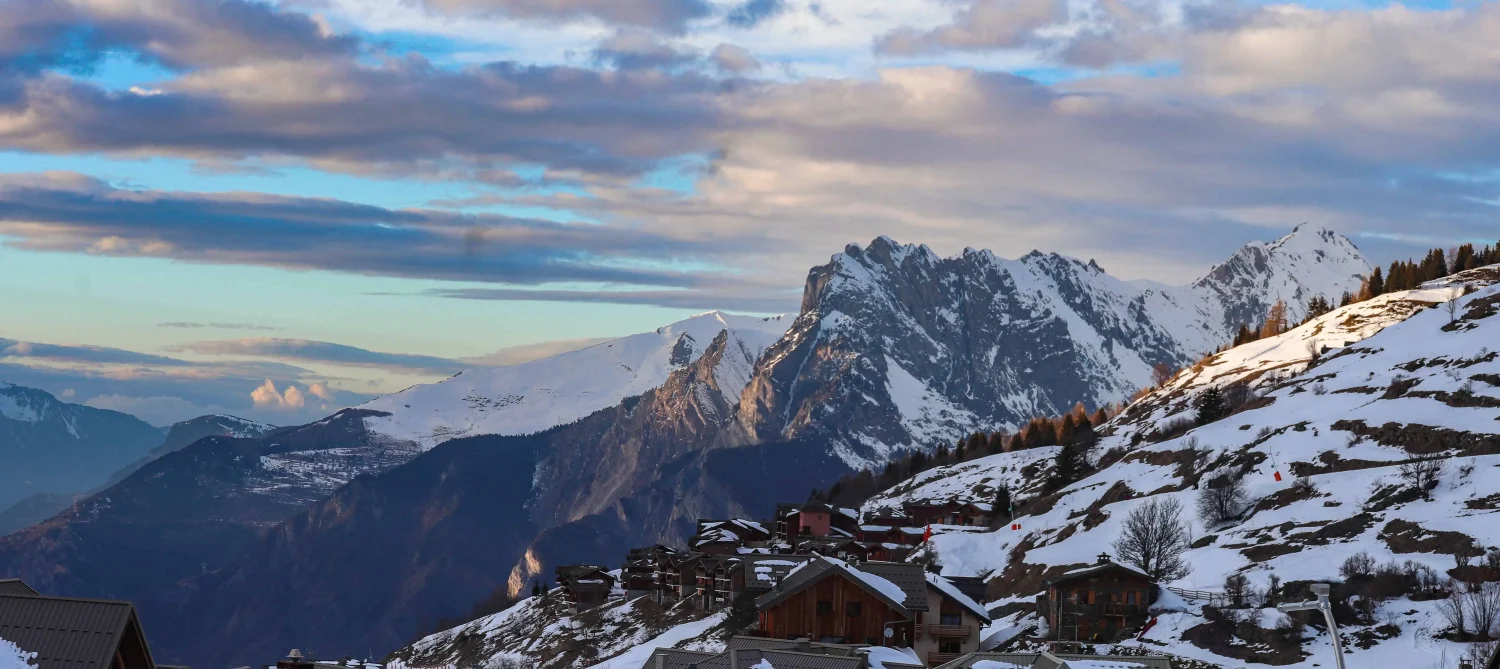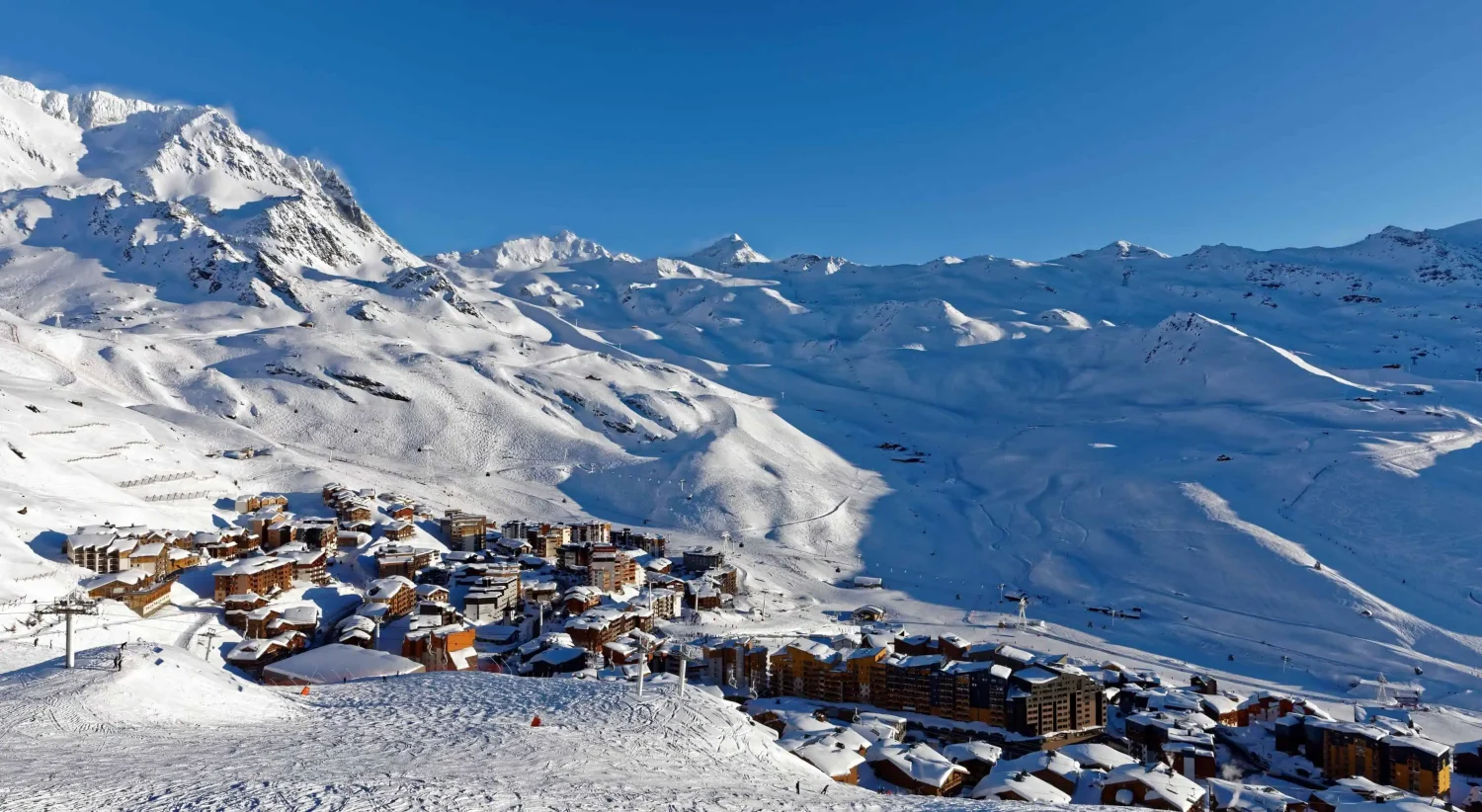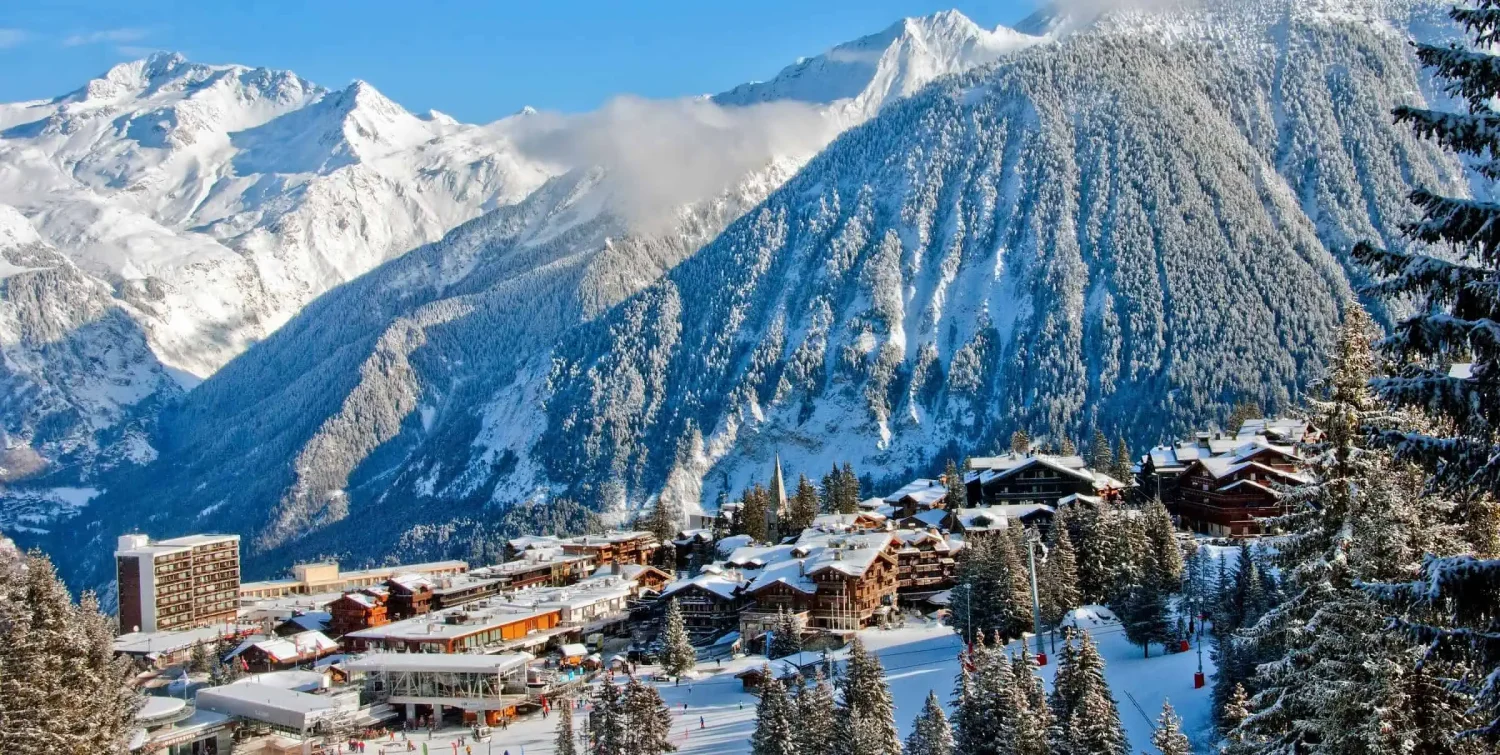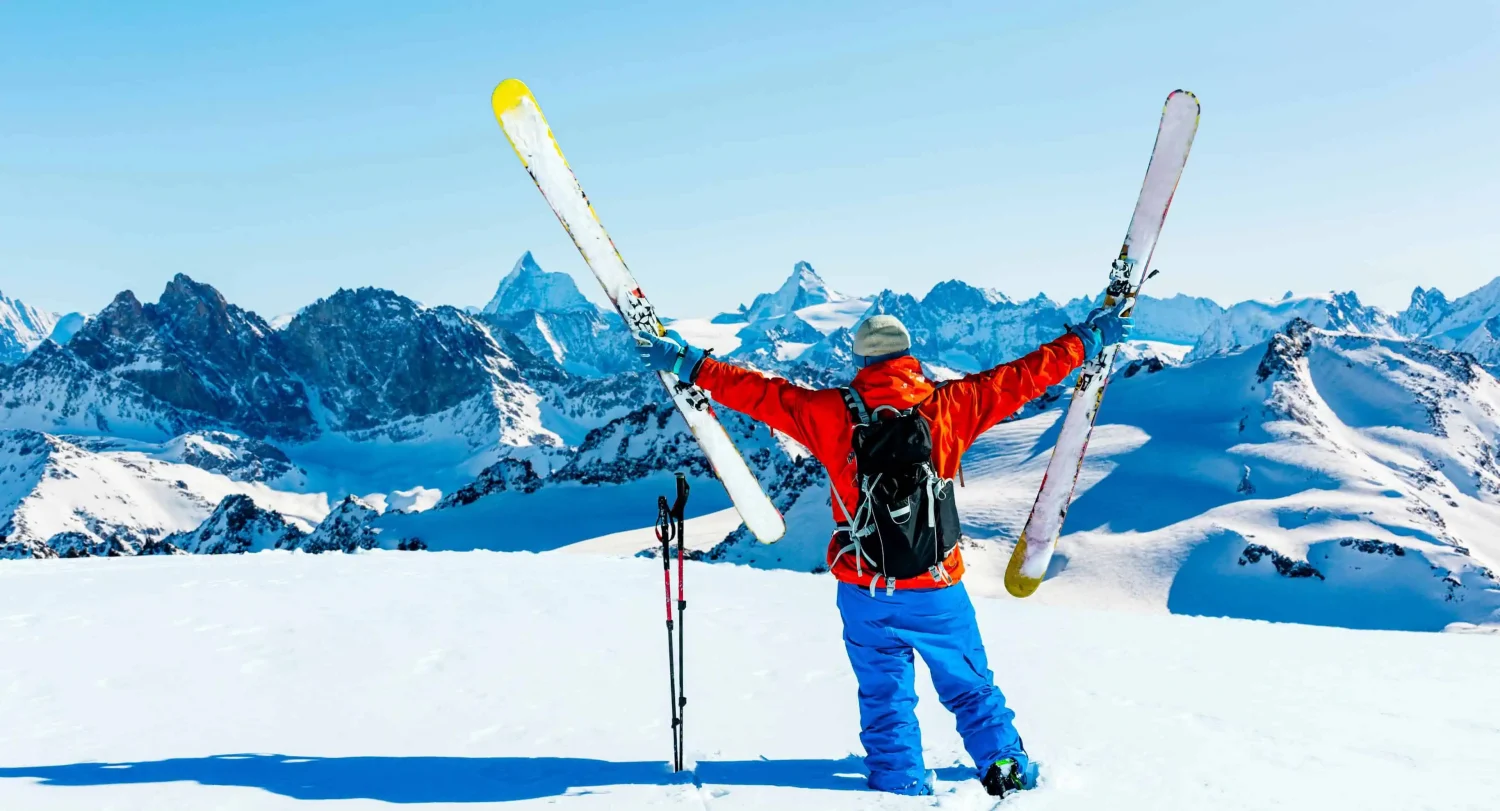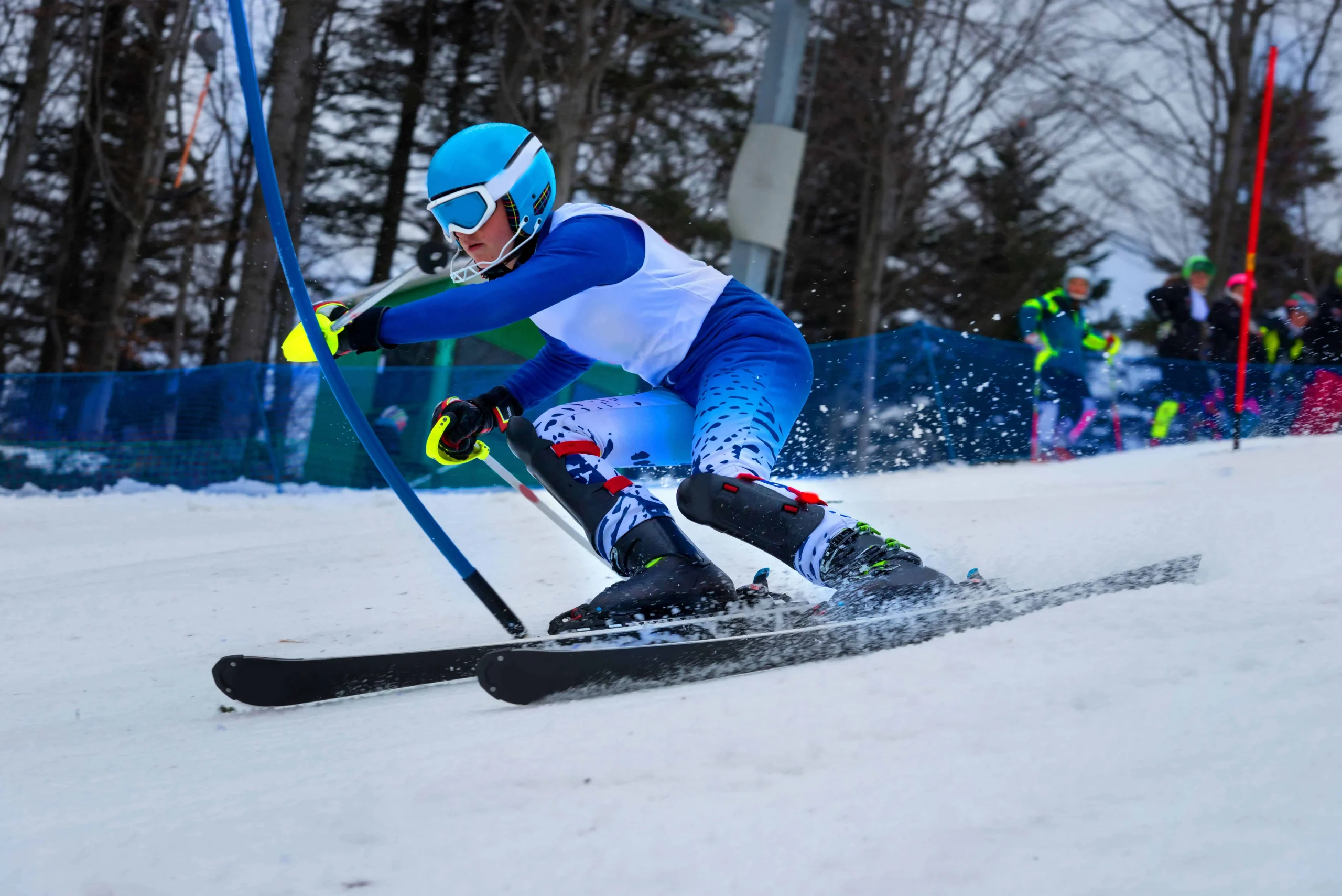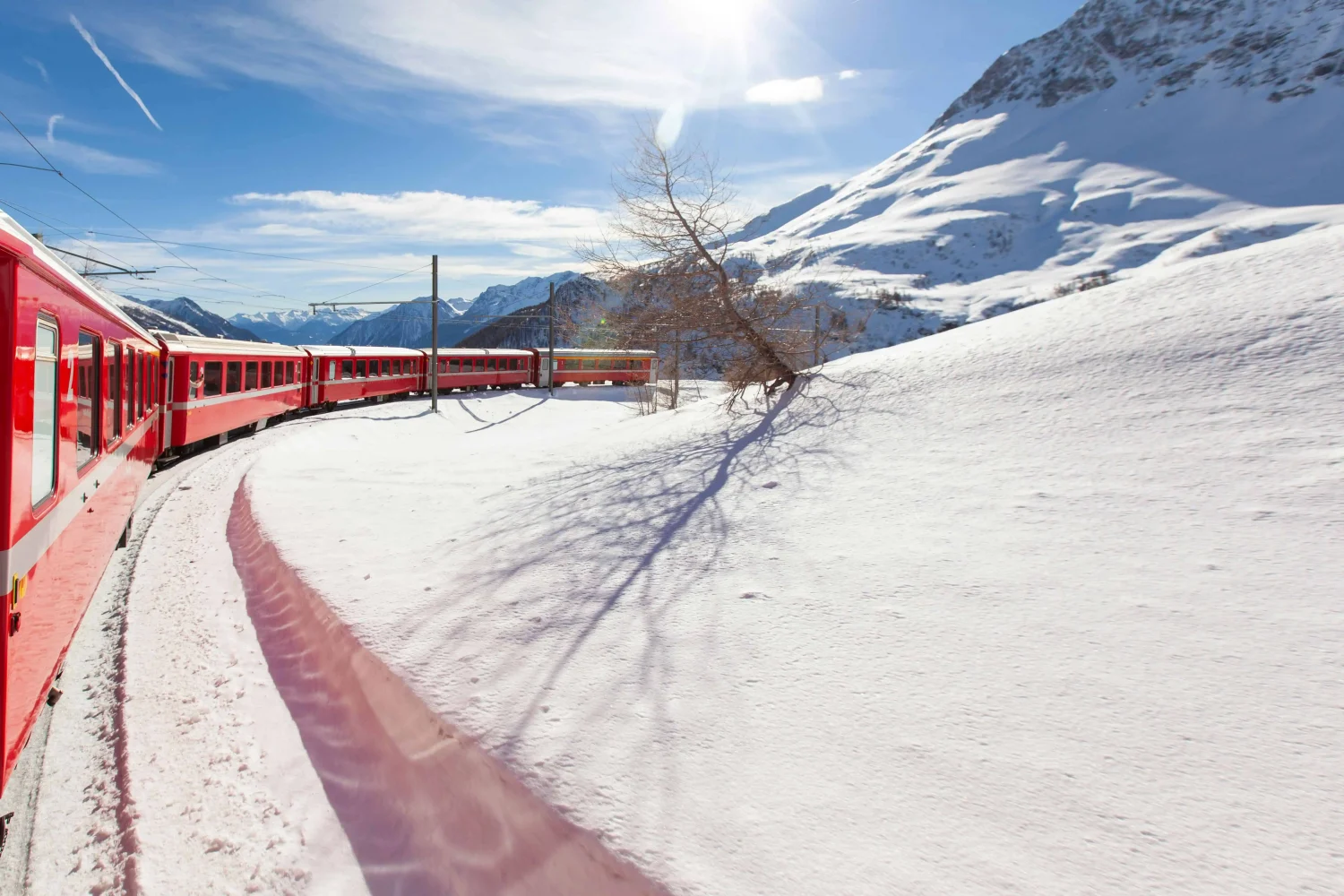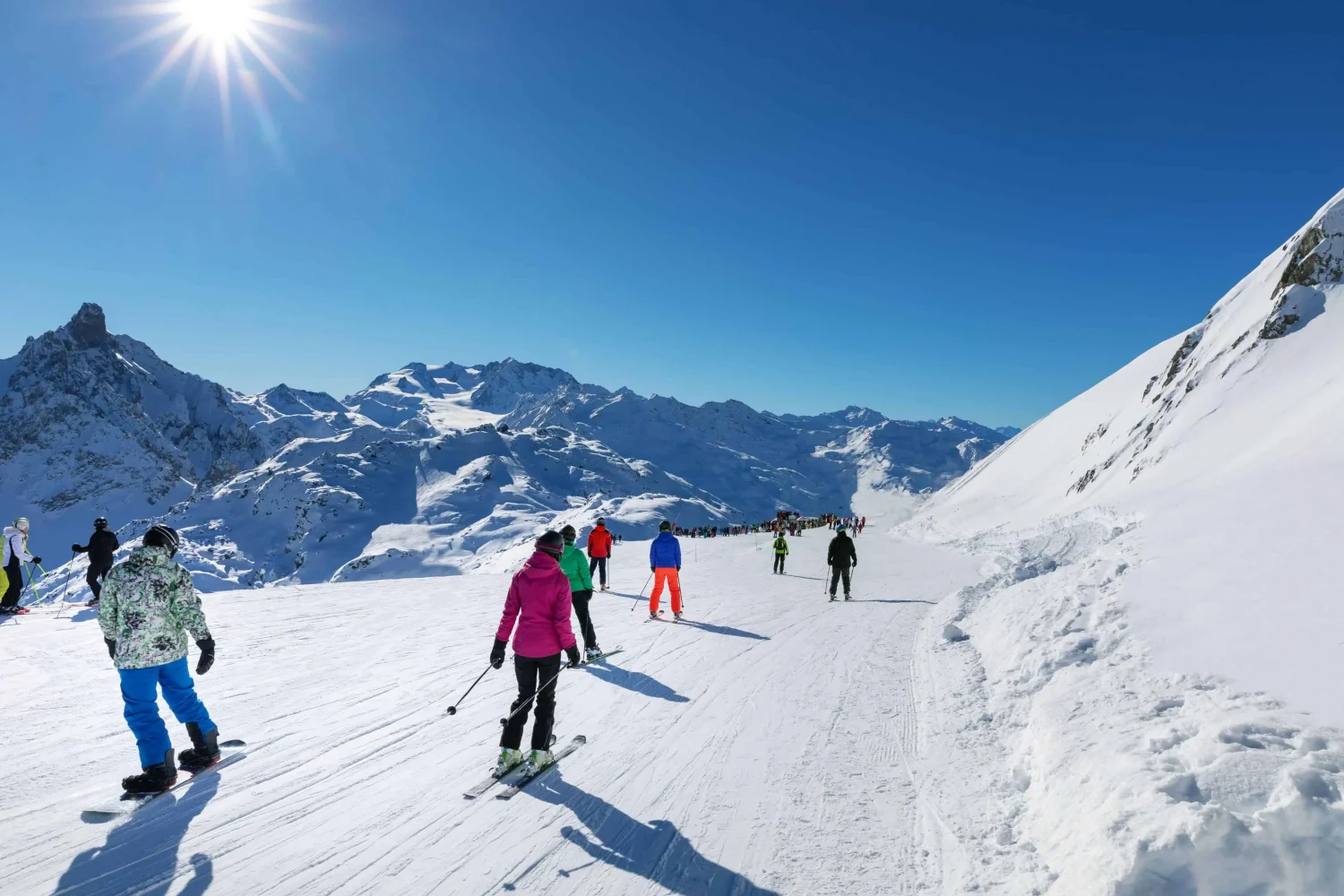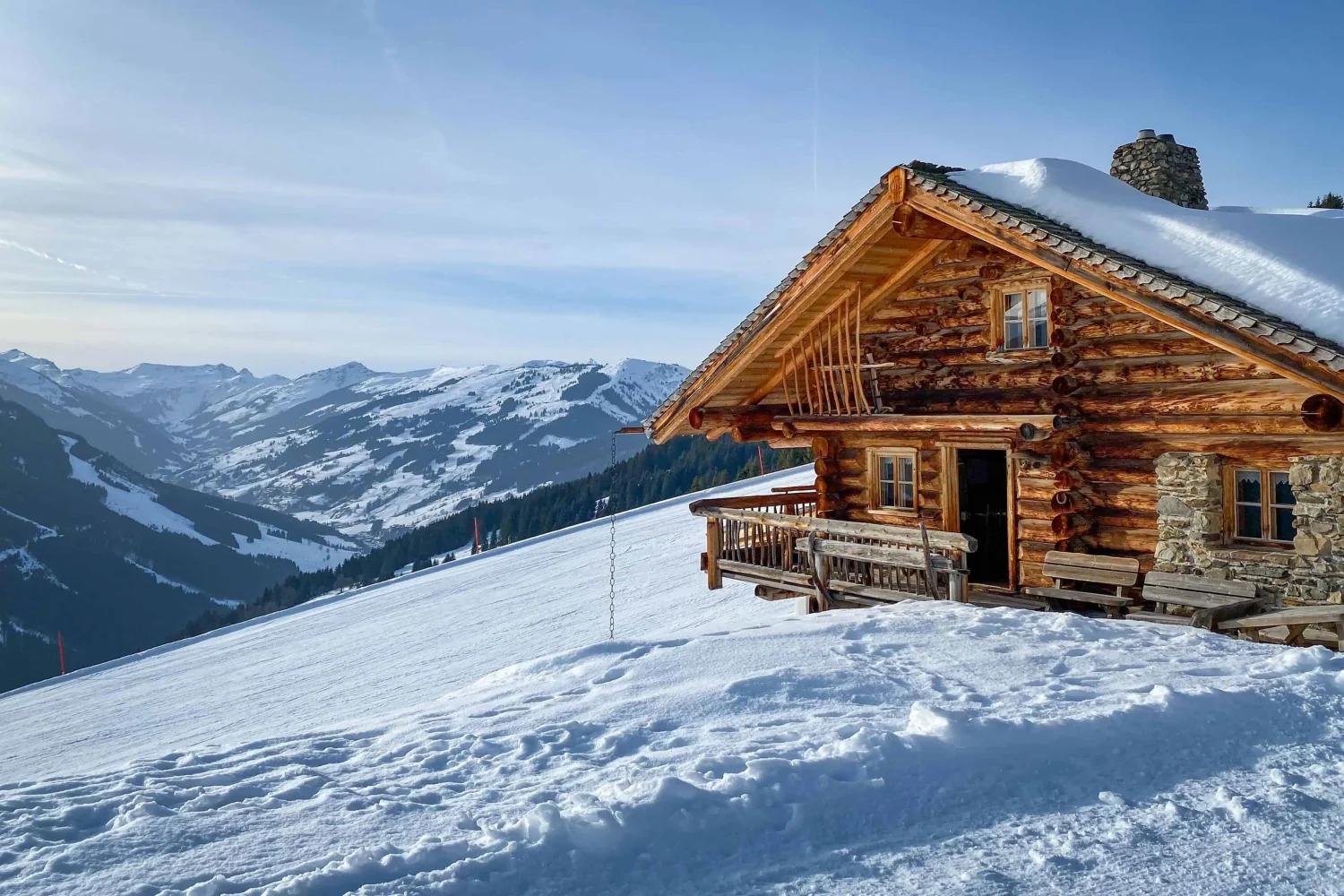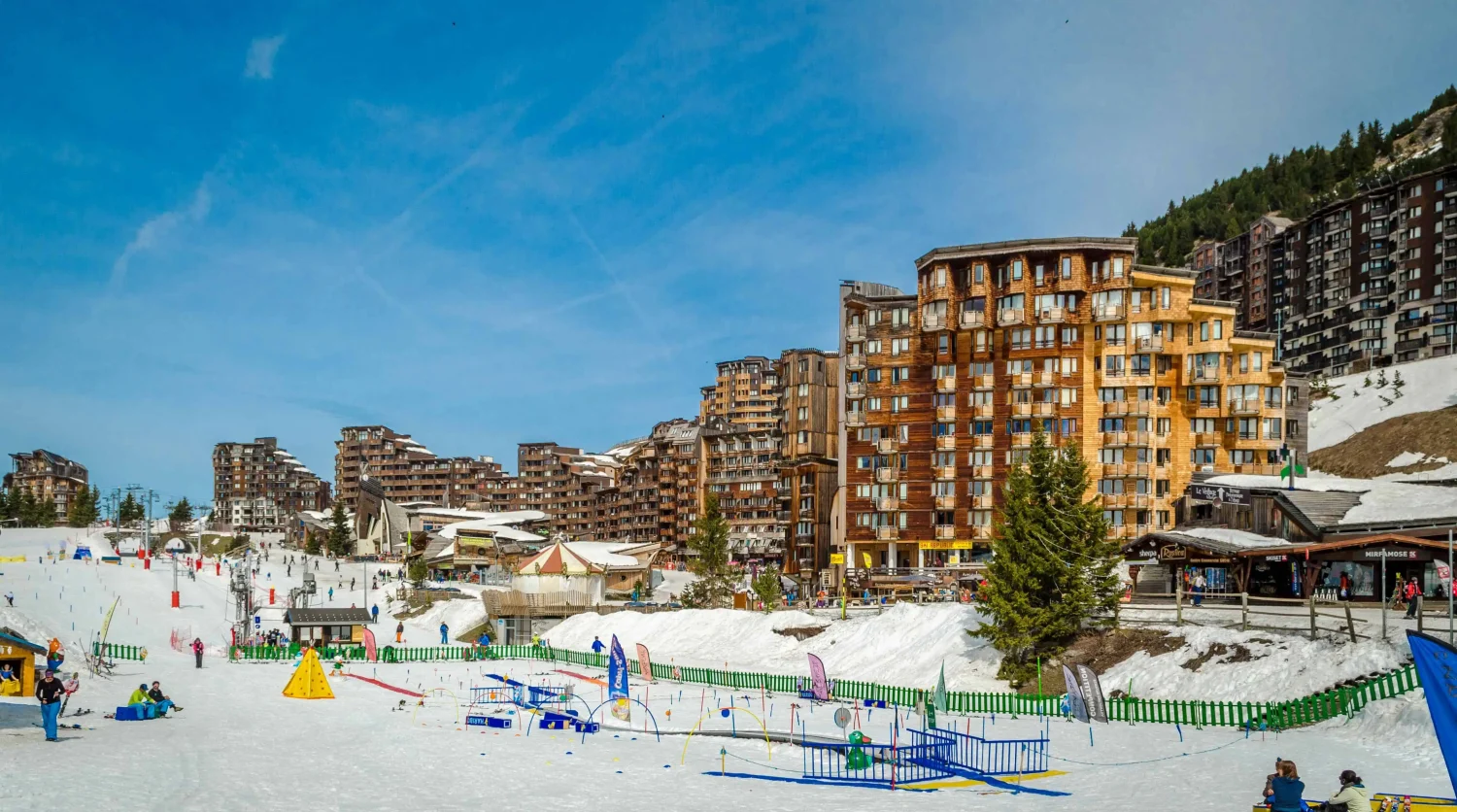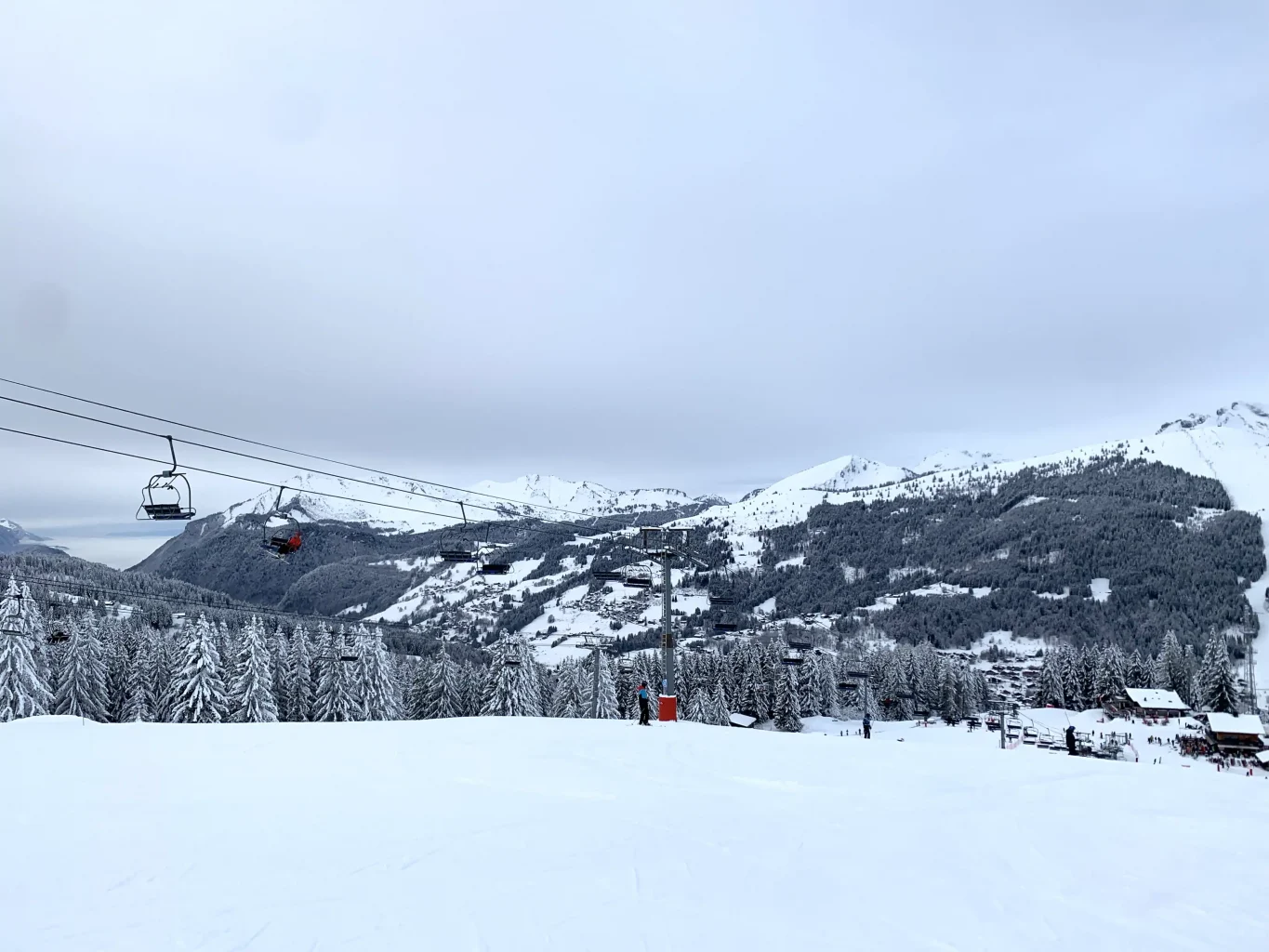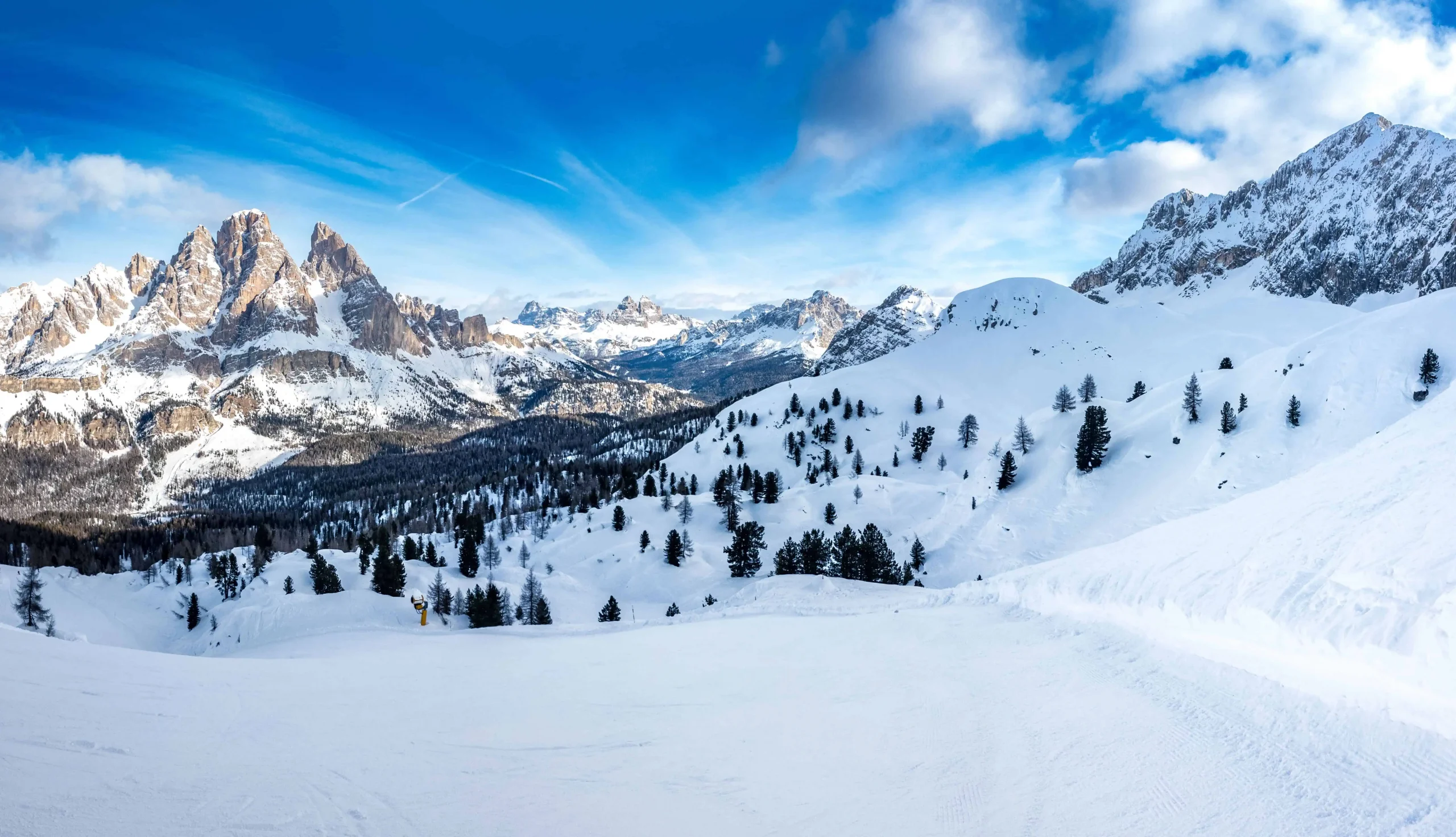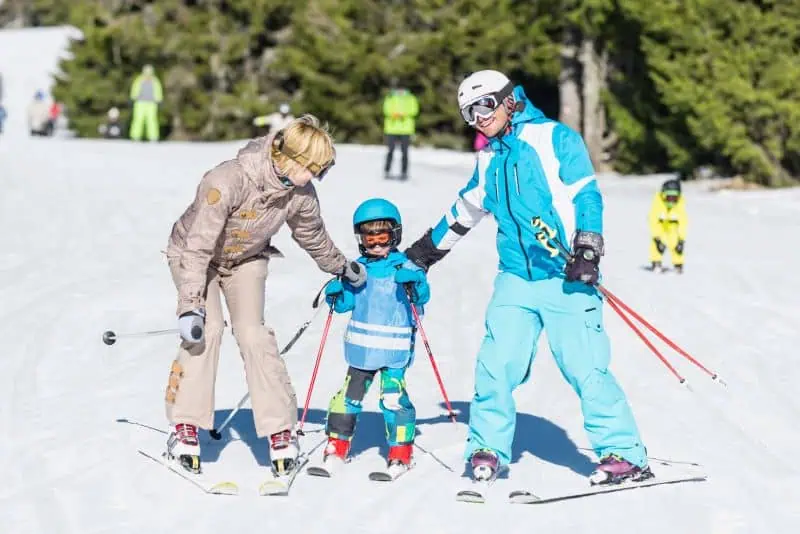Top-Rated Ski Resorts Near Geneva Airport
Looking for the best way to explore some of Europe’s finest ski resorts? Start in Geneva!
Geneva Airport, located at the southwestern tip of Switzerland near the French border, is a prime gateway to world-class ski destinations. Its ideal location offers access to an incredible variety of resorts in France, Switzerland, and beyond, making it a favourite among skiers and snowboarders planning their next trip.
With countless world-class resorts to choose from, the region offers something for everyone. To help you narrow it down, we’ve analysed over 150,000 skier/snowboarder ratings from our friends at Snomad to create an authentic, data-driven list of the top resorts near Geneva Airport.
All of these resorts are within a two-hour drive (give or take, depending on road and weather conditions), and they cater to a range of preferences across six distinct categories. Let’s dive in!
Best for Families | Morillon (75 min Transfer)
Part of the renowned Grand Massif ski area, Morillon is a dream destination for families. This charming resort is known for its tree-lined slopes and quaint alpine village ambiance. In fact, the Snomad community ranks it not just as the No. 1 family-friendly resort in Europe, but also the No. 1 family-friendly resort in the world, with a 5 star rating.
The quiet, well-maintained slopes, accessible ski schools, and affordable prices make it perfect for families with young children. For those seeking a bit more excitement, you can easily ski to the higher-altitude resorts of Flaine and Samöens, which offer livelier atmospheres and a broader range of terrain.
View All Top-Rated Family-Friendly Resorts in Europe
Best for Après-Ski | Val Thorens (120 min Transfer)
The après-ski debate is a heated one, but when it comes to a proper party, Val Thorens stands out. Known for its legendary après, with iconic spots like La Folie Douce and Bar 360, along with a host of fantastic bars, restaurants, and clubs.
With a second-place global ranking for après-ski (behind only St. Anton), Val Thorens is a must-visit for those who love a good dance on the slopes. One Snomad user stated that VT has “The best report in Europe for Après Ski – including 360 Bar, Folie Douce and a number of nice restaurants and bars at the foot of the slopes. And a couple of really good clubs for those going out late.”
View All Top-Rated Après-Ski Resorts in Europe
Best for Eating Out | Morzine (75 min Transfer)
Just 1 hour and 15 minutes from Geneva, Morzine is a foodie’s paradise. This picturesque village is immersed in Savoyard tradition, and its dining scene reflects that heritage. From cheese fondue to sizzling raclette, you’ll find no shortage of authentic Alpine flavours.
Ranked third in Europe for eating out, Morzine holds its own against Italy’s iconic dining regions, thanks to its charming atmosphere and culinary excellence. You can enjoy a hearty meal at a cosy mountain chalet or treat yourself to a fine dining experience at an upscale restaurant. Either way, Morzine delivers an eating experience that’s sure to impress.
View All Top-Rated Resorts for Eating Out in Europe
Best Value for Money | Sainte Foy Tarentaise (120 min Transfer)
Tucked away in the Tarentaise Valley, Sainte Foy is a hidden gem among its more famous neighbours, Tignes and Val d’Isère. But what Sainte Foy lacks in size, it more than makes up for in charm and affordability. Even with just 26 pistes, the resort offers uncrowded slopes, making it a favourite for families and those seeking a peaceful ski experience.
Despite its smaller size, Sainte Foy also has world-class off-piste opportunities and excellent ski touring terrain. While après-ski options are limited, there are some great bars in town to hit up after a day on the slopes, all at a fraction of the cost of larger resorts.
View All Top-Rated Resorts for Value in Europe
Best for Groomed Runs | Courchevel (110 min Transfer)
Courchevel is a haven for those who love beautifully maintained pistes. The resort offers long, flowing runs that are wide and perfectly groomed, thanks to state-of-the-art snow cannons and piste bashers. Its high-altitude terrain ensures reliable snow conditions, making it a top choice for skiers of all levels. From long, cruisy blues perfect for beginners to more challenging reds and blacks for seasoned skiers, Courchevel offers world-class pistes that cater to everyone.
View All Top-Rated Resorts for Groomed Runs in Europe
Best for Off-Piste | Verbier (120 min Transfer)
We can’t talk about skiing near Geneva without mentioning Verbier, a Swiss resort known for its world class off-piste. From the powder fields of Mont-Gelé to the tree runs of Les Otanes, Verbier is a playground for expert skiers and snowboarders.
It’s also the home of the Freeride World Tour, aka Xtreme Verbier, where the world’s best freeriders gather to showcase their skills. If off-piste is your passion, Verbier offers unmatched terrain.
View All Top-Rated Resorts for Off-Piste in Europe
Honourable Mentions
Some resorts didn’t make our main list but are still fantastic options near Geneva:
La Clusaz (60 min Transfer)
La Clusaz, a premier ski resort in the French Alps, is renowned for its extensive ski terrain, lively village atmosphere, and a strong freestyle skiing culture. The resort caters to all levels and is particularly popular for its off-piste and cross-country skiing opportunities.
Les Gets (75 min Transfer)
Les Gets, part of the vast Portes du Soleil ski area, is a family-friendly resort known for its charming Alpine village and diverse range of slopes. The resort caters to all levels of skiers and snowboarders and is celebrated for its scenic beauty and vibrant après-ski scene.
Megève (75 min Transfer)
Megeve, a prestigious resort in the Mont Blanc region, combines luxury with extensive skiing. Known for its stylish village, gourmet dining, and varied slopes, it appeals to those seeking an upscale skiing experience.
